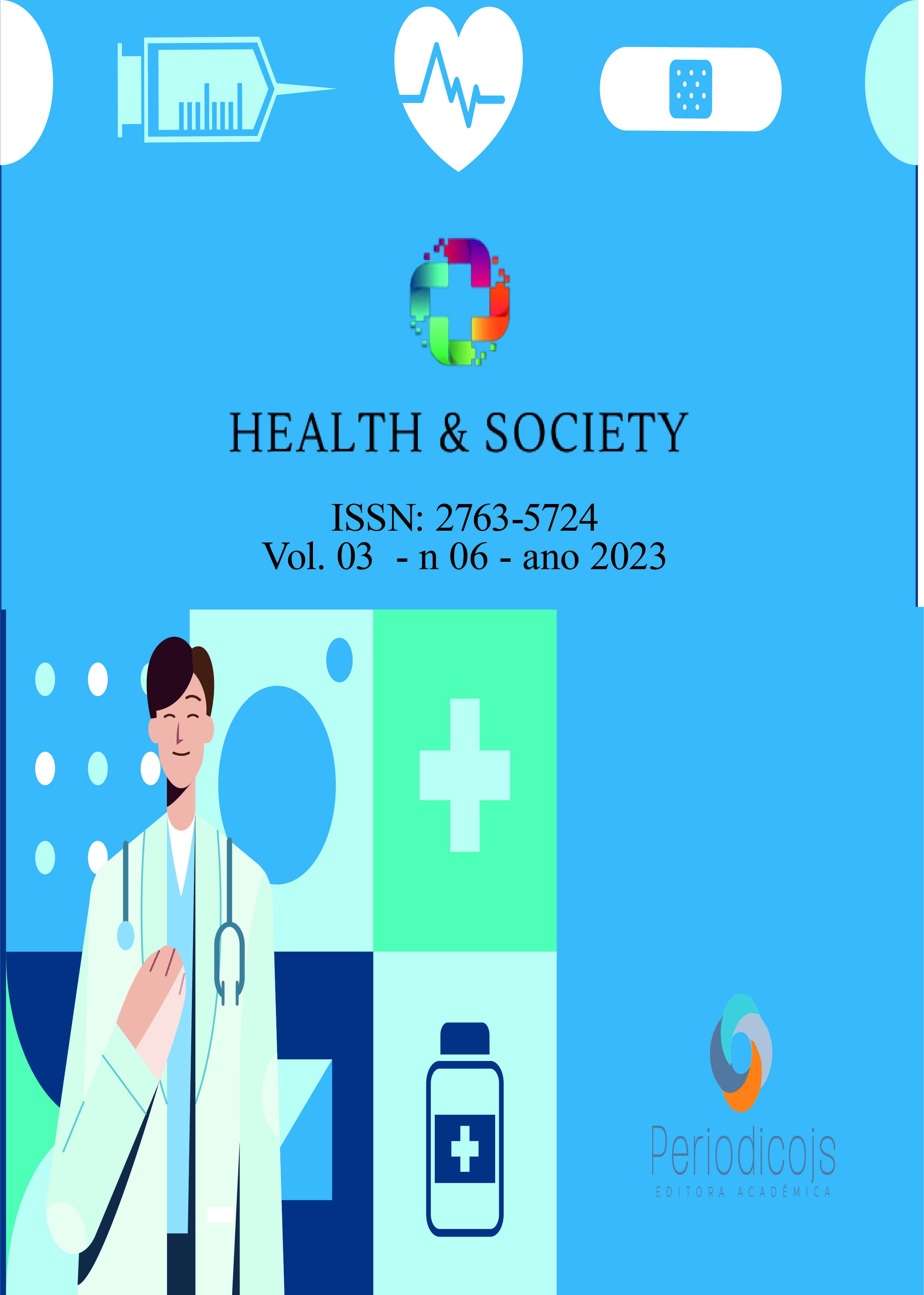Resumo
Aging is a physiological process determined by various intrinsic and extrinsic factors, being a normal and inevitable process. A common complaint of the aging process is the crease of the nasolabial folds, popularly known as the “Chinese mustache”. With aging, the progressive ptosis of the malar fat and the overlying skin contribute to the deepening of the sulcus, but the depth also varies according to race, gender, age and weight. Since 1996, HA has been used by dermatologists and plastic surgeons for cosmetic purposes to fill in wrinkles, scars, increase lip volume and others. Although the duration of effect is limited, HA products are the most commonly used fillers. They produce very significant results and few undesirable reactions. Non-surgical procedures with the use of HA for correction of the SNG in the facial rejuvenation process are a reality, and the objective of the present study is to evaluate the effectiveness of the filler based on hyaluronic acid in the nasolabial folds through injection techniques in three dermal planes distinct: supraperiosteal, subcutaneous and intradermal, showing the results.
Referências
Arsiwala, Shehnaz Z. Safety and persistence of non-animal stabilized hyaluronic acid fillers for nasolabial folds correction in 30 Indian patients. Journal of Cutaneous and Aesthetic Surgery, v. 3, n. 3, p. 156, 2010.
Bernardes, Isabela Nogueira et al. Preenchimento com ácido hialurônico: revisão de literatura. Revista saúde em foco, v. 10, n. 1, p. 603-612, 2018.
Borba, Andre; MATAVOSHI, Suzana. Técnicas de rejuvenescimento facial: Toxina botulínica e MD Codes. 2018.
Chiarelli, Murillo; Januzzi, Marcelo. HYALURONIC ACID USING THE “FERN PATTERN TECHNIQUE” TECHNIQUE-SLEEP WRINKLES TREATMENT. Health and Society, v. 3, n. 04, p. 111-134, 2023.
Cheon, Hye In et al. Efficacy and safety of a new hyaluronic acid filler for nasolabial folds: A 52-week, multicenter, randomized, evaluator/subject-blind, split-face study. Journal of Cosmetic Dermatology, v. 20, n. 5, p. 1467-1473, 2021.
De Almeida, Ada Regina Trindade; De Araujo Sampaio, Gabriel Ângelo. Ácido hialurônico no rejuvenescimento do terço superior da face: revisão e atualização-Parte 1. Surgical & Cosmetic Dermatology, v. 8, n. 2, p. 148-153, 2016.
De Amorin Camerino, Thaís; Fernandes, Katharina Jucá De Morais; Peixoto, Fernanda Braga. USO DO ÁCIDO HIALURÔNICO PARA O REJUVENESCIMENTO DA REGIÃO DOS LÁBIOS: Relato de Caso. Revista da AcBO-ISSN 2316-7262, v. 8, n. 2, 2018.
De Castro, Marcelo Borges; De Alcantara, Guizelle Aparecida. Efeitos adversos no uso do ácido hialurônico injetável em preenchimentos faciais/Adverse effects on the use of hyaluronic acid injectable in facial fillings. Brazilian Journal of Health Review, v. 3, n. 2, p. 2995-3005, 2020.
Destri, Ana Maria; Coutinho, Maria. HARMONIZAÇÃO OROFACIAL ASSOCIADA A MÚLTIPLAS TÉCNICAS–RELATO DE CASO COM FOLLOW-UP DE SETE ANOS. Aesthetic Orofacial Science, v. 2, n. 2, 2021.
Farina, Thuany; Mota, Lidiane. O uso do Plasma Gel no preenchimento do sulco nasogeniano-Estudo de casos. Revista Científica de Estética e Cosmetologia, v. 2, n. 1, 2022.
Kalil, Celia Luiza Petersen Vitello; Caramori, Ana Paula Avancini; Baljey, Mercedes Dalpias. Avaliação da permanência do ácido hialurônico injetável no sulco nasogeniano e rítides labiais. Surgical & Cosmetic Dermatology, v. 3, n. 2, p. 112-115, 2011.
Kaufman-Janette, Joely et al. Efficacy and safety of a new resilient hyaluronic acid dermal filler, in the correction of moderate-to-severe nasolabial folds: A 64-week, prospective, multicenter, controlled, randomized, double-blind and within-subject study. Journal of Cosmetic Dermatology, v. 18, n. 5, p. 1244-1253, 2019.
Li, Dong; Sun, Jiaming; Wu, Sufan. A multi-center comparative efficacy and safety study of two different hyaluronic acid fillers for treatment of nasolabial folds in a Chinese population. Journal of Cosmetic Dermatology, v. 18, n. 3, p. 755-761, 2019.
Narins, Rhoda S. et al. Improvement in nasolabial folds with a hyaluronic acid filler using a cohesive polydensified matrix technology: results from an 18-month open-label extension trial. Dermatologic surgery, v. 36, p. 1800-1808, 2010.
Nast, Alexander et al. Efficacy and Durability of Two Hyaluronic Acid–Based Fillers in the Correction of Nasolabial Folds: Results of a Prospective, Randomized, Double-Blind, Actively Controlled Clinical Pilot Study. Dermatologic surgery, v. 37, n. 6, p. 768-775, 2011.
Sood, Vishal; Nanda, Soni. Patient satisfaction with hyaluronic acid fillers for improvement of the nasolabial folds in type IV & V skin. Journal of maxillofacial and oral surgery, v. 11, p. 78-81, 2012.
Yang, So Dam; Shin, Seonghye; Lee, Jiyoon. Two randomized controlled trials of hyaluronic acid fillers for the correction of nasolabial folds. Plastic and Reconstructive Surgery Global Open, v. 8, n. 7, 2020.

Este trabalho está licenciado sob uma licença Creative Commons Attribution 4.0 International License.
Copyright (c) 2023 Janaína Fernandes Dos Santos Lima, Lauscea Regina Veronezi, Marcia Vivianne Nogueira, Chrystianne Rabelo Lima Barbosa, Henrique Rodrigues Ribeiro, Juliana Lemos Maia, Gina Elayne Silva Montezuma, Marcelo Januzzi Santos





